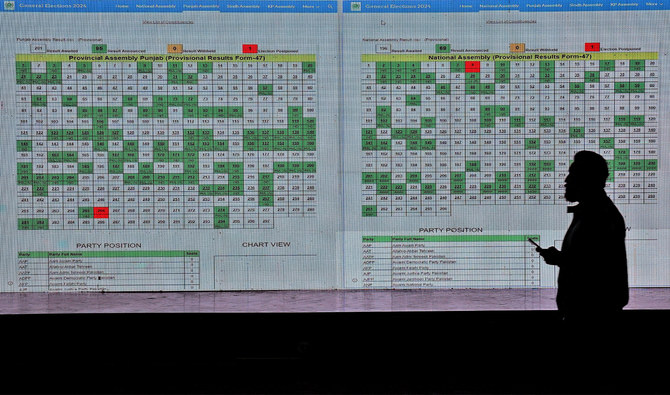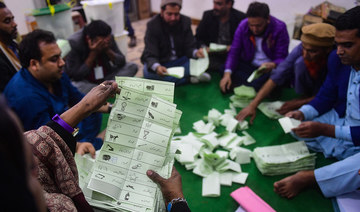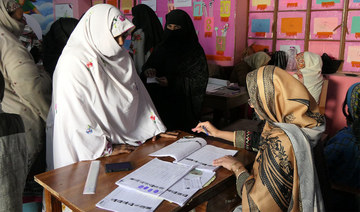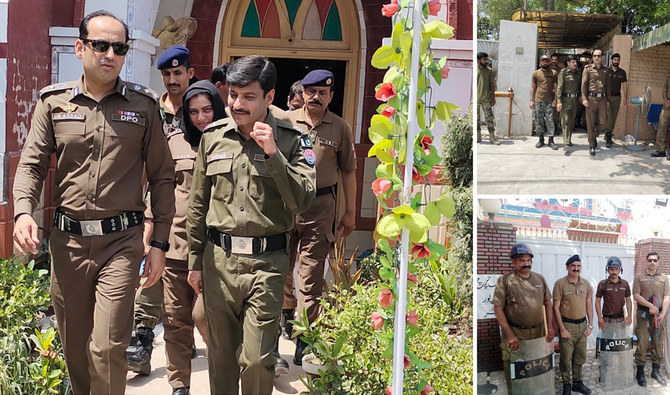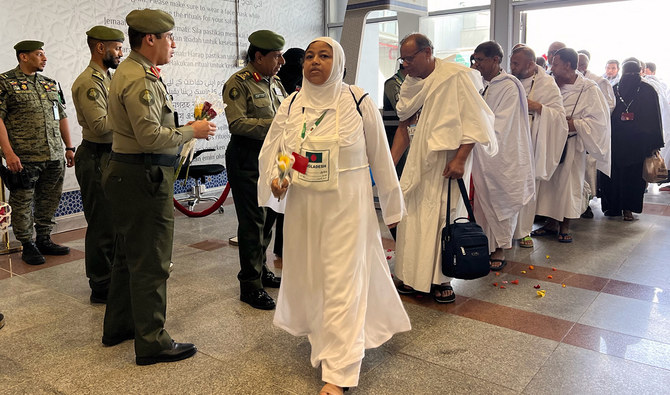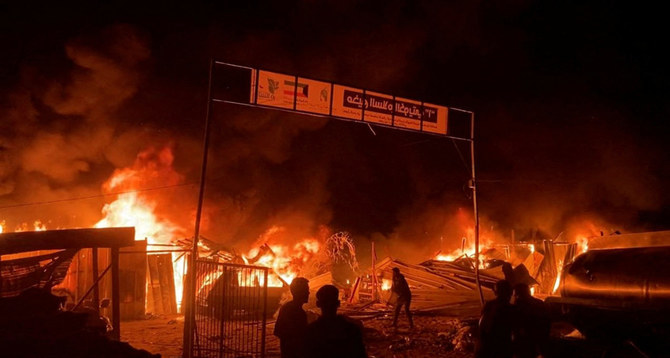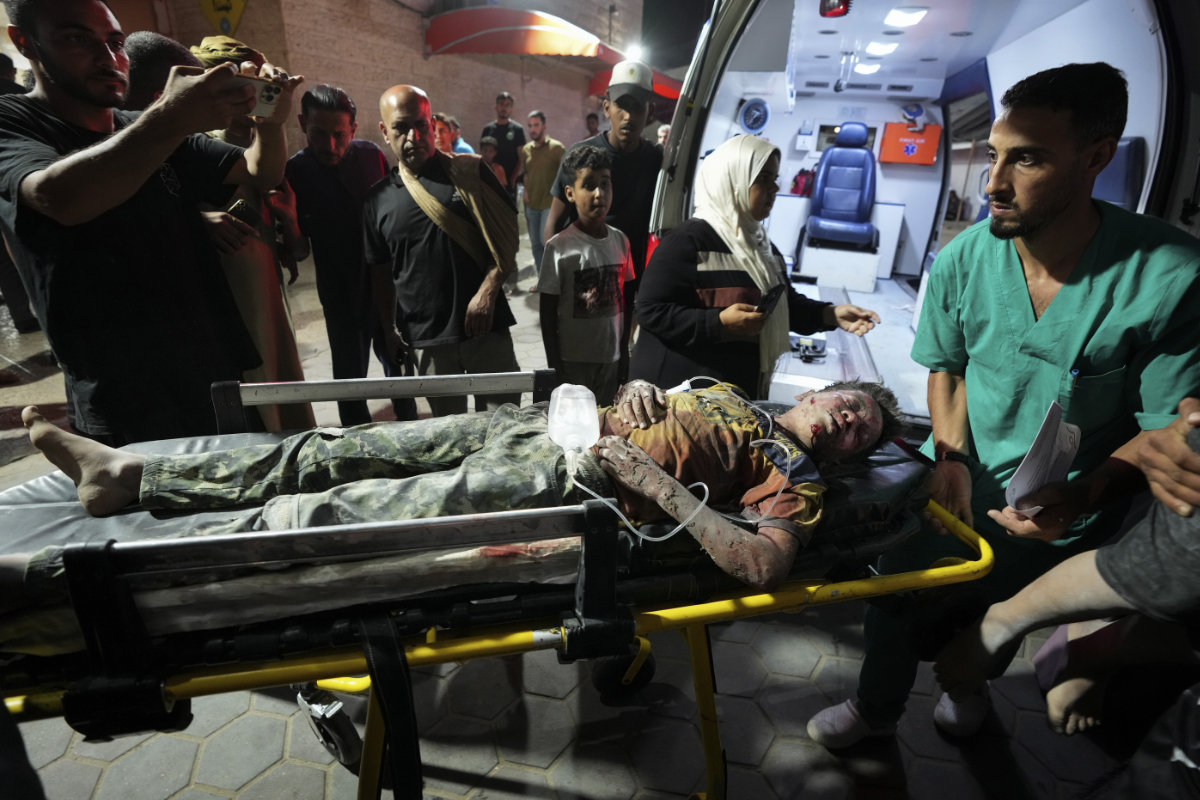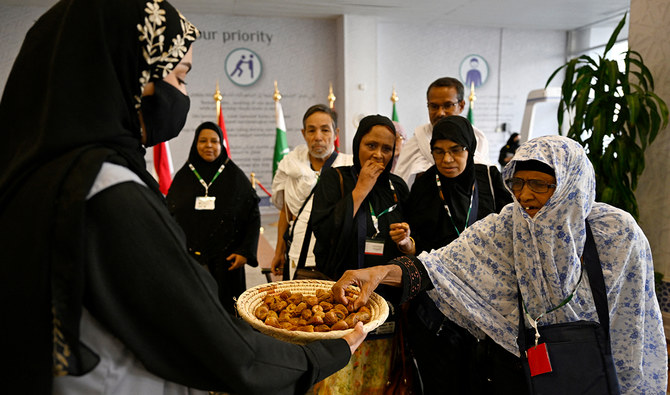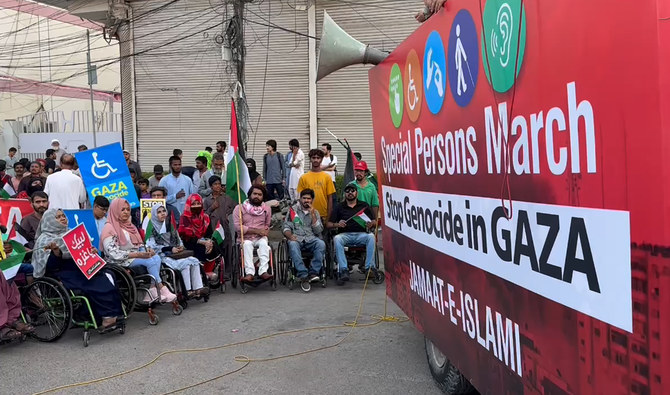ISLAMABAD: Independent candidates, many of whom were backed by ex-PM Imran Khan’s party, have clinched a majority of parliamentary seats in Pakistan national elections, followed by three-time former prime minister Nawaz Sharif’s party, as results of Thursday’s vote continue to trickle in.
The independents, backed by Khan’s Pakistan Tehreek-e-Insaf (PTI) party after it lost its unifying election symbol of cricket bat, have won 42 seats, according to official results shared by the Election Commission of Pakistan (ECP) by around 230pm on Friday.
Sharif’s Pakistan Muslim League-Nawaz (PML-N) party has secured 34 seats of the National Assembly, lower house of Pakistan parliament, followed by former foreign minister Bilawal Bhutto-Zardari’s Pakistan Peoples Party (PPP) which has secured 27 parliamentary seats.
A party needs 133 seats in parliament for a simple majority but many analysts believe the vote may not produce a clear winner. With the vote count still continuing, a clear picture is likely to emerge later in the day. The main battle is expected between candidates backed by Khan, who has been in jail since August on graft charges, and Sharif, who analysts see as the frontrunner in Thursday’s vote.
However, analysts have raised concerns over the ECP missing its deadlines for the announcement of results after polling closed at 5pm on Thursday, saying any further delays would lead to allegations of result-tampering and manipulation of election, already marred by accusations of pre-poll rigging.
“The delay in results is catastrophic for the credibility of the results of the election,” Mosharraf Zaidi, a political analyst, told Arab News. “It is hard to imagine the election day itself having been better managed and hard to imagine the vote tallying having been worse managed.”
The ECP set a deadline of 2am for the announcement of results in constituencies where polling continued without any delays, while the deadline was 10am on Friday for the constituencies where obstructions were witnessed in the voting process.
Salahuddin Safder, a spokesperson of the FAFEN election observer group, said the delay in the announcement of results “remained a concern” for them.
“We did not receive many results till the first deadline of 2am and [the ECP] even missed the second deadline given in the law which is 10am next morning after the polls,” he noted.
He, however, said that FAFEN’s observers reported no major issues during the process of polling.
Huma Baqai said the social media was clearly indicative of a “recipe for trouble” because the masses, including a sizeable number of Khan supporters, did not have any direction at the moment.
“Their [PTI supporters] leadership is in jails and will probably remain so,” she said. “It’s going to create unrest.”
'PML-N single largest party in center and Punjab'
As results continued to trickle in on Friday, PML-N vice president Maryam Nawaz said her party was emerging as the “single largest party in center and in Punjab.”
“As opposed to the false perception deliberately built by a section of media last night, PML-N, Alhamdolillah (praise be to God) emerging as the single largest party in center and in Punjab,” she said on X.
“Some results awaited. MNS (Mian Nawaz Sharif) will head to PMLN HQ for the victory speech as soon as final results are received. Insha’Allah. Stay tuned.”
On Thursday, Sharif dismissed talk of an unclear result in the elections.
“For God’s sake, don’t talk about a coalition government,” he told reporters after casting his vote in Lahore’s upscale Model Town neighborhood. “It is very important for a government to get a clear majority.”
Thursday’s vote was the culmination of an especially contentious election season in which allegations of military meddling took center-stage, casting a shadow over a historic event that marks only the country’s third-ever democratic transition of power. The army, which has ruled for over three decades of Pakistan’s history since independence in 1947, strongly denies interfering in political affairs.
The government’s decision to suspend mobile data services across the country minutes before voting began was also seen by many as an effort to keep opposition voters from getting information or coordinating activities, but the interior ministry said it opted for the blockade to ensure the security of polling stations after at least 28 people were killed in two explosions near election offices in the southwestern province of Balochistan on Wednesday.
Despite the heightened security, 12 people, including two children, were killed in 51 bomb blasts, grenade attacks and shootings by militants, mostly in the western provinces, the military said in a statement.
The victims included five police killed in a bomb blast and firing on a patrol in the Kulachi area of Dera Ismail Khan district in the northwest, authorities said. Two children died in a blast outside a women’s polling station in Balochistan province.
'Peaceful conduct'
Interior Minister Gohar Ejaz on Friday expressed satisfaction over the “generally peaceful conduct” of the elections, under exceptional security circumstances.
“Deployment of hundreds of thousands of regular & civil armed forces, other law enforcement agencies and civilian officials across thousands of square kilometers of varied terrain and harsh weather within a limited time was no mean feat,” he said in a statement shared by his ministry.
“The successful conduct of the mammoth exercise can only be attributed to the collective efforts of all elements of state.”
He said the deaths of 28 people and injuries to 64 others in incidents of violence just a day prior to the elections forced the state to take several measures for ensuring safety of citizens.
“This also included the difficult decision of suspending the mobile phone services across the country to disallow terrorists the means to communicate, coordinate and conduct terrorist operations,” Ejaz said.
“Mobile devices are also instrumental in initiating the trigger mechanisms for modern explosive devices for mass casualties.”
The minister said they were fully aware the suspension of mobile phone services would impact the transmission of election results across Pakistan and delay the process, however, the “choice between this delay and safety of our citizens was quite straightforward and the decision was taken.”




